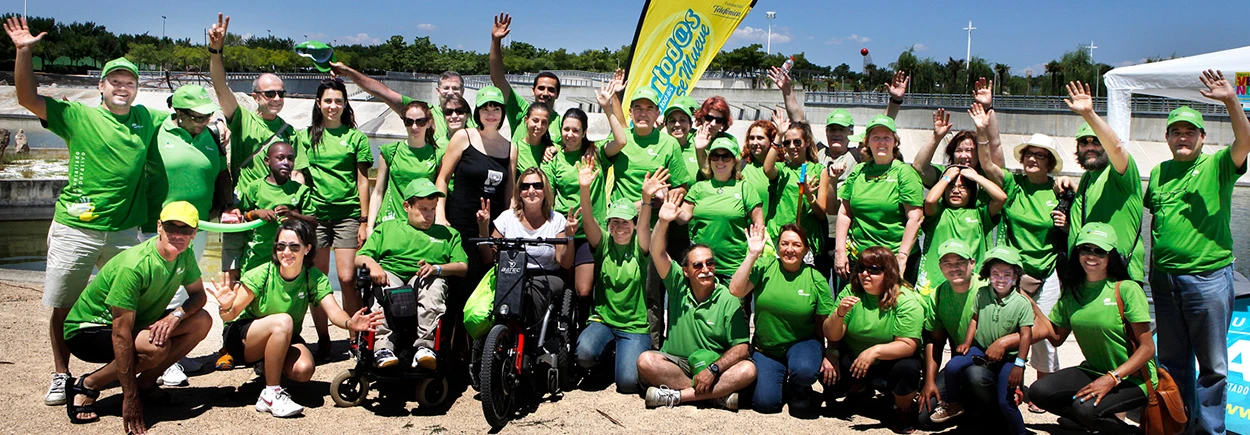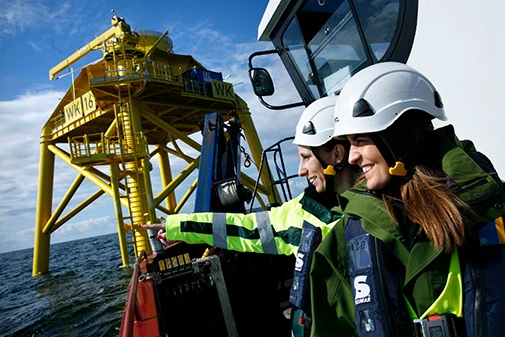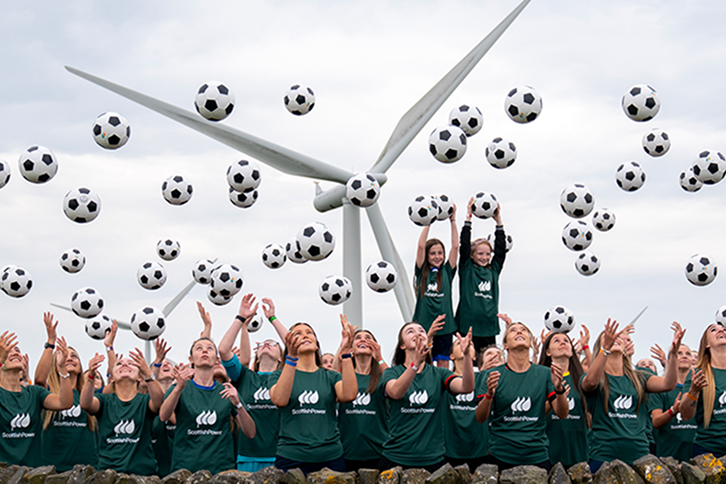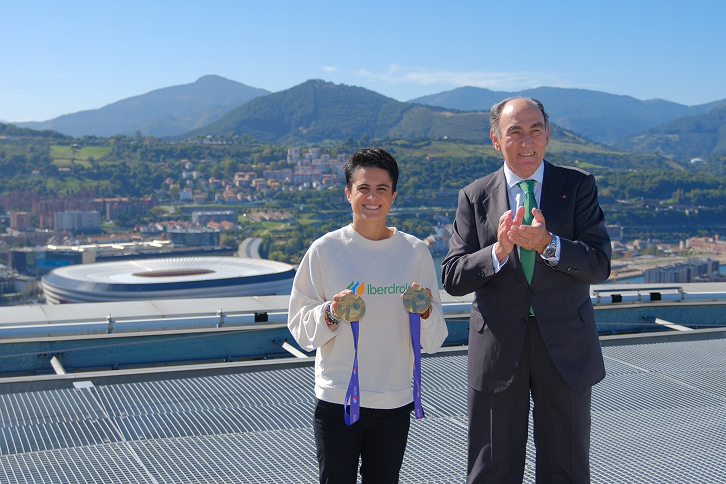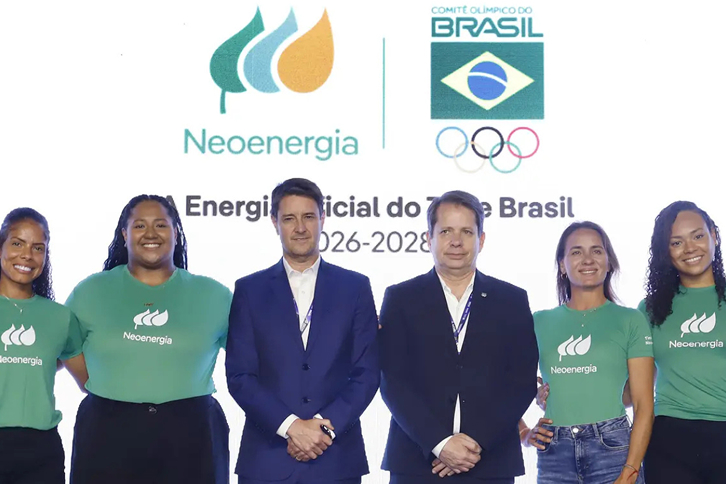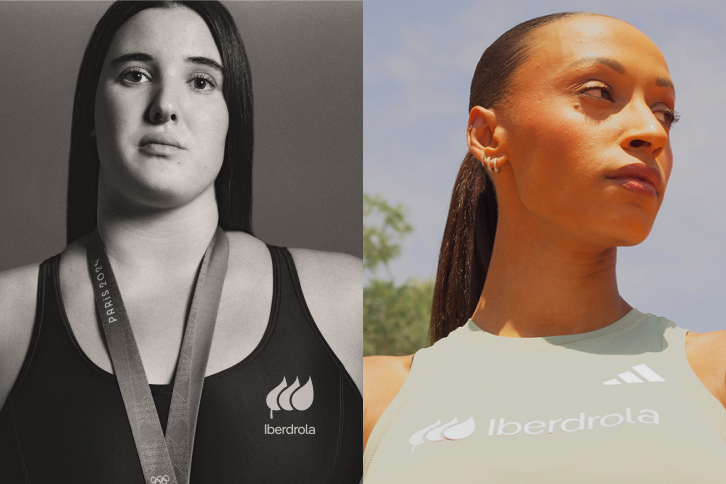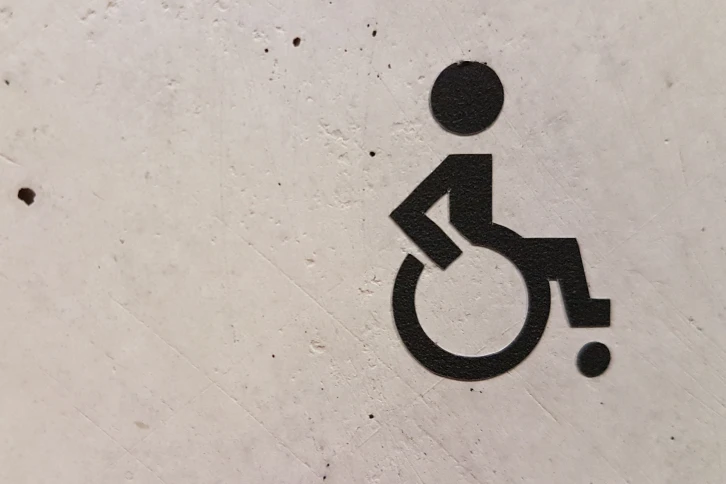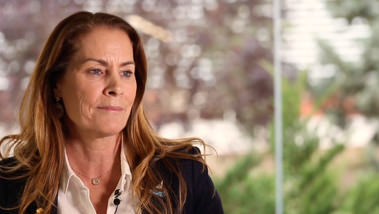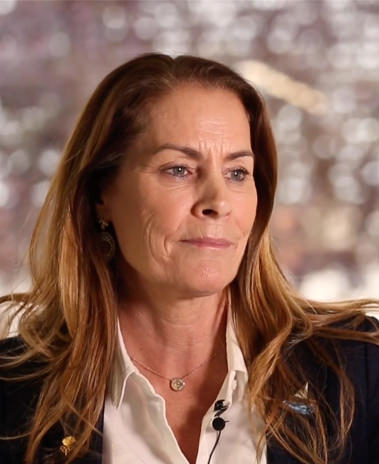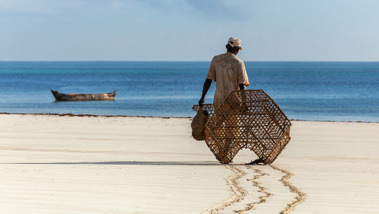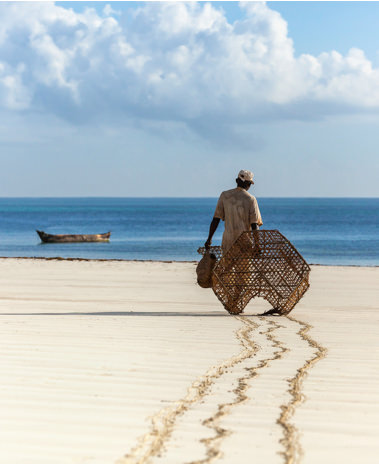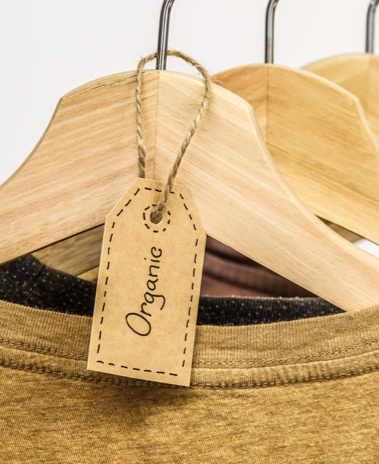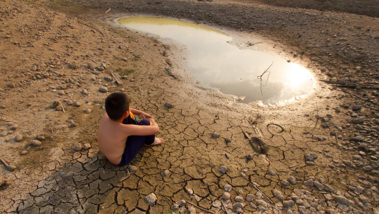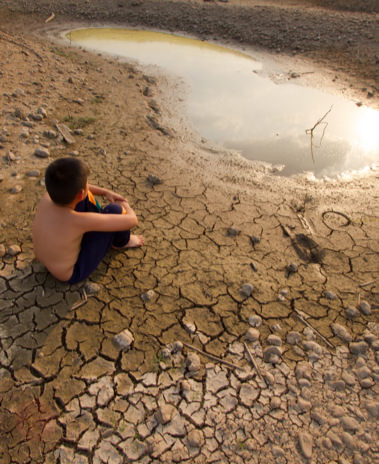-
Theresa Zabell is used to winning battles. As a sportswoman, she won two Olympic gold medals (Barcelona 92' and Atlanta 96') and after retiring, she launched into a new challenge, one that she had been thinking about for years: protecting the oceans. With her winner's mindset intact, she assures us that we still have time to turn the situation around if we all set to work.
-
Facebook "If we stop plastic at its source, we will save the planet, and above all our seas, from terrible harm"
-
Twitter "If we stop plastic at its source, we will save the planet, and above all our seas, from terrible harm"
-
Linkedin "If we stop plastic at its source, we will save the planet, and above all our seas, from terrible harm"
-
Whatsapp
The fight against climate change is the biggest challenge facing humanity and in order to achieve success it requires the participation of everyone, from every citizen to every government. In a world that prioritises economic interests over environmental ones, for example, multilateralism will play an essential role in bringing countries together and establishing a common strategy with one goal: safeguarding the planet.
-
-
The overexploitation of the seas and oceans is leaving them without fish. This is confirmed by the United Nations Food and Agriculture Organization (FAO) in one of its latest reports, which calls for a sustainable fishing model to ensure the survival of species and fishing activity.
As the world population closes in on 8 billion, the old "buy, use, throw away" paradigm of the linear economy no longer makes any sense and is driving us towards an uncertain future. Realisation of this has led to the emergence of eco-design, a production perspective that consists of integrating environmental protection criteria into every phase: from conception to development, from transport to recycling.
-
The outbreak of the COVID-19 pandemic led to record approval time for COVID-19 vaccines: less than a year. Since that year of lockdown, the World Health Organisation has approved several vaccines for diseases that, like COVID-19, have affected large numbers of people around the world, e.g. Ebola, polio, malaria, papillomavirus, and is in the process of approving a vaccine against monkeypox (Mpox). In view of its importance let's find out a little more about the history of this medical breakthrough that has saved millions of lives since it was discovered and will continue to do so in the future.
Climate change is a reality and threatens the future of the Earth. This can cause psychological impacts on some people, a phenomenon which is known as eco-anxiety. Below, we review what it is, what causes it, what its symptoms are and what we can do to avoid it while taking care of the planet.






